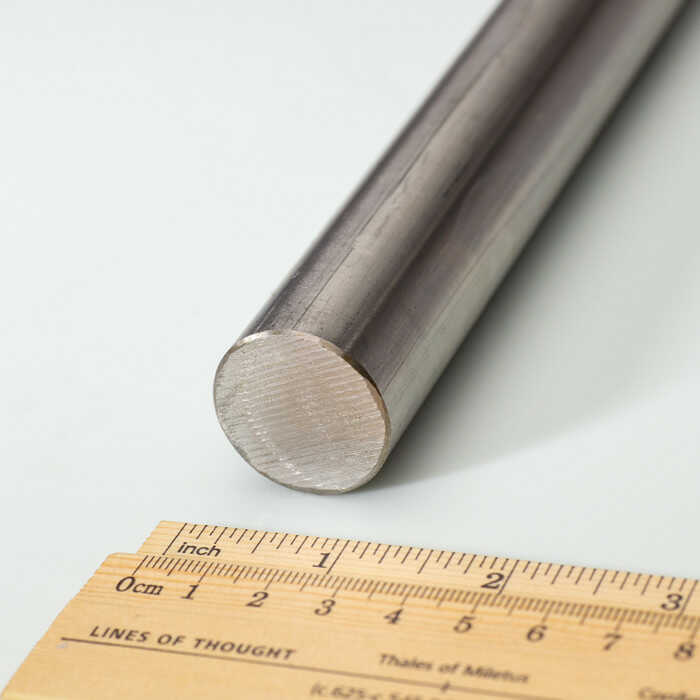Stainless steel rods
Need advice? Frequently asked questions from customers.
Basic stainless austenitic steel (so-called food-grade stainless steel) containing 18% chromium (Cr) and 10% nickel (Ni). The chemical composition complies with the standard for the use of products for food and drinking water. The maximum temperature is 450 °C. This alloyed stainless steel is highly resistant to corrosion in water and air environments without concentrations of chlorides or inorganic acids and salts. Resistance to surface corrosion can be increased by polishing. 1.4301 stainless steel rods are machinable and very easy to weld.
-
 6 mm rod
6 mm rod
-
 8 mm rod
8 mm rod
-
 9 mm rod
9 mm rod
-
 10 mm rod
10 mm rod
-
 12 mm rod
12 mm rod
-
 18 mm rod
18 mm rod
-
 25 mm rod
25 mm rod
-
 30 mm rod
30 mm rod
-
 3 mm rod
3 mm rod
-
 4 mm rod
4 mm rod
-
 5 mm rod
5 mm rod
-
 20 mm rod
20 mm rod
-
 28 mm rod
28 mm rod
-
 100 mm rod
100 mm rod
-
 14 mm rod
14 mm rod
-
 32 mm rod
32 mm rod
-
 35 mm rod
35 mm rod
-
 36 mm rod
36 mm rod
-
 40 mm rod
40 mm rod
-
 45 mm rod
45 mm rod
-
 50 mm rod
50 mm rod
-
 55 mm rod
55 mm rod
-
 60 mm rod
60 mm rod
-
 70 mm rod
70 mm rod
Bestsellers
Brands
Průměr D (mm)
We offer stainless steel rods in various lengths and diameters. They are part of our extensive range of stainless steel materials, which also includes strip steel, stainless steel sheets, stainless steel pipes, stainless steel screws, square tubes, and fittings. This popular type of material is currently widely used for many different purposes.

Stainless steel rods can be used, for example, in the manufacture of shafts, surgical instruments, screws, tie rods, or as decorative material. One of the main properties of stainless steel rods is that they are resistant to corrosion in water and steam environments, as well as in moderately aggressive environments. Stainless steel rods are classified according to their production method as cold-drawn, hot-rolled, forged, ground, or polished.
They are most commonly used wherever product corrosion needs to be prevented. In the food industry, construction, furniture manufacturing, and, of course, engineering. Due to their hardness, they are relatively difficult for DIY enthusiasts to work with, but they are still in high demand. They are sold in many technical specifications and qualities, most commonly 1.4006 - 1.4305. Diameters according to production specifications range from 2.5 to 100 mm, and up to 500 mm for forged bars. The usual length is 3 - 6 m.


























































